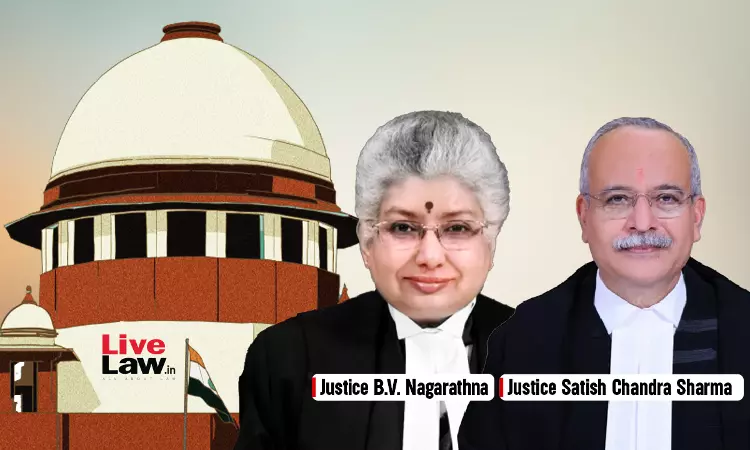Supreme Court Holds Chandigarh Authorities Liable For Delay In Film City Project, Directs Refund Of 47.75 Crores To Successful Bidder
Debby Jain
14 April 2025 4:28 PM IST

Next Story
14 April 2025 4:28 PM IST
In a recent judgment, the Supreme Court largely upheld an arbitral award passed in favor of a company engaged by the Chandigarh Administration to establish a Multimedia-cum-Film City in the Union Territory, holding the authorities liable to refund a forfeited bid amount of Rs.47.75 crores.A bench of Justices BV Nagarathna and Satish Chandra Sharma delivered the verdict, being of the view that...
